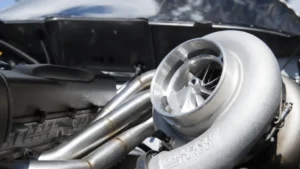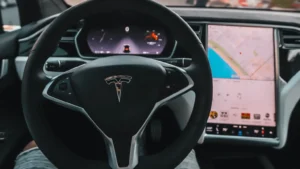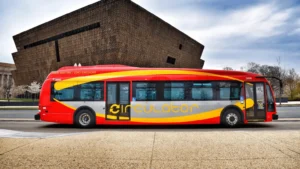The global Turbocharger Market is projected to surpass USD 38.56 billion by 2033. The increasing penetration of electric and hybrid vehicles in the automotive sector, coupled with rising disposable income across developing economies, is expected to significantly drive the growth of the Turbocharger Market. The analysis highlights considerable opportunities in the Asia-Pacific region, where consumer interest is strongly shifting toward fuel-efficient vehicles. Additionally, the growing adoption of advanced automotive technologies has been fueling aftermarket demand for turbochargers, making the Turbocharger Market a key contributor to meeting the requirements of both the automotive and industrial sectors.
Another major factor supporting Turbocharger Market growth is the versatility turbochargers offer in terms of compatibility with varying engine speeds and vehicle categories. Engine manufacturers are increasingly downsizing engines by reducing cylinder count and piston displacement, while incorporating turbochargers to enhance overall torque and power output. This trend aligns with consumer expectations for performance as well as efficiency. Electronic turbochargers, with their minimal environmental footprint, are anticipated to dominate future market demand. Audi was among the first automakers to commercialize vehicles equipped with electric turbochargers, signaling the onset of a new era in turbocharging technologies. Furthermore, regulatory shifts such as the Euro VI emission standards are compelling manufacturers to adopt turbochargers to meet stringent nitrogen oxide reduction targets of nearly 80% compared to earlier norms. BorgWarner turbochargers, for instance, are now widely deployed in Mercedes-Benz medium-duty commercial vehicle diesel engines to comply with Euro VI. These regulatory measures, along with growing consumer inclination toward greener technologies, are key forces accelerating the Turbocharger Market.
The companies within the Turbocharger Market are actively pursuing mergers, acquisitions, long-term collaborations, and service agreements to expand their global footprint. For example, in January 2021, ABB Turbocharging, Hyundai Heavy Industry’s Engine & Machinery Division (HHI-EMD), and Hyundai Global Support (HGS) launched a joint “total service solution” designed for ABB and Hyundai customers. This collaboration integrates ABB’s expertise in turbocharging technologies with HHI-EMD’s specialization in marine engines and HGS’s extensive after-sales support network. The initiative ensures comprehensive lifecycle services for engines and turbochargers, spanning maintenance, spare parts, repairs, and technical support across industries such as marine, power generation, oil and gas, and industrial applications. By incorporating advanced digital solutions like predictive maintenance and remote monitoring, this alliance aims to enhance customer satisfaction, reduce downtime, and improve operational efficiency, offering a strong value proposition within the Turbocharger Market.
According to CXOs and primary research findings, increasing consumer disposable income combined with stricter emission norms in developed economies will substantially impact the Turbocharger Market. The rising demand for fuel-efficient vehicles is expected to push consumers toward adopting turbocharged engines, while established companies continue to emphasize hybrid technology and energy efficiency as their primary differentiators.
The Turbocharger Market is segmented across North America, Europe, Asia-Pacific, Latin America, and the Middle East & Africa. Among these regions, Asia-Pacific is expected to dominate growth, followed by Europe, North America, Latin America, and the Middle East & Africa. Factors such as rising disposable income, strong regulatory influence toward cleaner technologies, fast adoption of fuel-efficient systems, and the presence of leading industry players contribute to the high market potential in Asia-Pacific. Prominent players shaping the Turbocharger Market include Aptiv PLC, ABB, Continental GT, Cummins Inc., Garrett Motion, IHI Corporation, Mitsubishi Heavy Industries Ltd., Ningbo Motor Industrial Co. Ltd., Robert Bosch GmbH, and Rotomaster International.
Click here to read complete article








